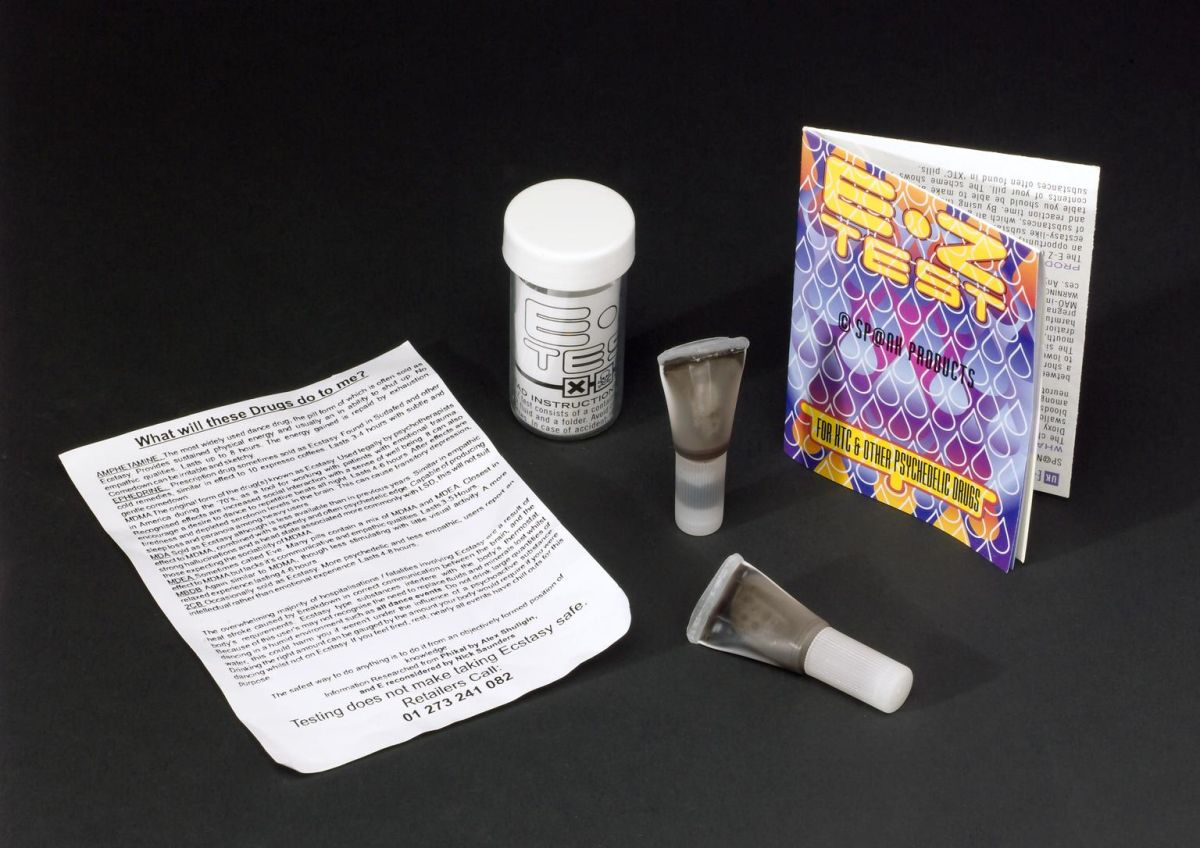Students still being fined for drug possession one year after UoM announces harm reduction approach
By meganhowells

A Mancunion investigation has discovered that The University of Manchester is continuing to penalise students for drug possession, despite announcing its commitment to a harm reduction stance in December 2021.
A freedom of information request by The Mancunion revealed that between November 2021 and November 2022, 33 students were fined for drug possession in University of Manchester halls. These fines totalled £3,300, an average of £100 per person.
In January 2022, the University announced its commitment to a harm reduction stance, in collaboration with the Students’ Union. The first statement regarding the transition was made in response to The Mancunion‘s investigation ‘Students say no to zero tolerance’, which found that 91.7% of students ‘did not care’ about the University’s former zero-tolerance policy when deciding whether to take drugs.
Additional freedom of information requests have revealed that The University of Manchester is profiting much more from these fines than the city’s other universities. Manchester Metropolitan University fined 25 students in the same period, with fines being almost half of what The University of Manchester charges, at an average of £55 per fine.
These fines have continued despite the cost of living crisis. With a recent NUS survey indicating that over one in ten students use food banks and the university library removing book fines to mitigate the impacts, the current fairness of fines has been brought into question.
Some aspects of the University’s harm reduction approach, such as the provision of drug testing kits and the issue of high potency drug warnings, show beneficial steps towards a true harm reduction approach. Yet, the continuation of fines indicates the University lacks a consistent approach to its new policy, leaving its students in limbo.
As a Mancunion Investigation found last year, 64.9% of students would have reservations about calling an ambulance for an overdosing friend, due to fear of facing punishment. Whereas a harm reduction approach prioritises safety and education over punitive action.
Higher education institutes are pushing for harm reduction approaches to be implemented in universities across the country. The Higher Education Policy Institute (HEPI) recently released a report arguing for the importance of harm reduction policies across universities, given the evident failure of zero-tolerance policies to tackle drug use.
The report suggests that universities need to address rather than shun drug use, arguing that discussions surrounding drug taking should fall under other university obligations such as mental health. The report also indicates that an appropriate drug policy is an issue of inclusivity, given that higher numbers of LGBTQ+ students and students with disabilities take drugs.
HEPI’s report similarly argues for an educational approach to drugs and the recognition of students as adults who are capable of making decisions. It found that 80% of students who take drugs want to learn how to do so safely. This point is reified by the former Chief Constable of Durham, who said:
“Universities should be centres of learning. All the learning about the ‘war on drugs’ is not working. Surely of any sector, those who espouse academic rigour should embrace the learning rather than the rhetoric.”
Given these findings, it is important for universities to be open to the implementation of a harm reduction approach to drugs, which covers all areas in depth. Unlike the half harm reduction, half zero-tolerance approach the University of Manchester appears to be pursuing.
Harm reduction approaches are beginning to be implemented by universities across the country. After a pilot scheme at the University of the West of England prioritised students’ health over punishment, it has been extended city-wide. This scheme works with businesses and Bristol universities to provide judgment-free advice to students, both to do with safer ways to consume drugs but also advice on addiction and substance misuse.
Similar to the Advice service at the University of Manchester, students can collect single-use reagent drug testing kits from these drop-in sessions. The broad city-wide scheme in Bristol has also partnered up with drugs charity “The Loop”, to provide what is the first Home Office licensed drug testing service. Students will be able to drop off drugs to be tested, while The Loop can also test for any additional harmful substances in the drugs.
Approaches like these are important as they help to save lives and provide support for substance misuse. Furthermore, it may help the university achieve its original goal of students not taking drugs, as studies have found that people whose tested drugs reveal another substance are much less likely to consume it.
The Students’ Union told The Mancunion:
“We are disappointed to see the findings of this investigation. The SU’s Executive Officer Team 21/22 working with Students for Sensible Drug Policy campaign lobbied for the University to change to a ham reduction approach. They worked in partnership with the University to embed that new policy for all students and had considered it a successful example of collaborative working between the University, the Students’ Union and students. We will address the findings of this investigation with senior staff at the University to ensure that the principles and values that led to the creation of the harm reduction approach are acted upon.”
When contacted for a comment, a University of Manchester spokesperson said:
“The University is committed to keeping its students safe. As part of this it has adopted a Harm Reduction stance on drug and alcohol use. That position has been praised by other institutions in the sector and by the Warehouse Project and Parklife founder, Sacha Lord. Work is developing via a working group that meets frequently and includes student members, including representatives from the organisation, Students For a Sensible Drug Policy.
“A policy on Harm Reduction is part of this work as the University continues to evolve its Harm Reduction approach. Current work includes refining the University’s position statement to reassure students of the safeguarding response that would follow if, for example, a student in difficulty told University staff of a substance they had taken. Another focus is on refining our position on drugs in Halls and the use of fines.
“Since 2016, the University has moved towards education as a first response when students are found in possession of drugs in Halls. Previously students received a fine, by attending an educational course around harm reduction students have been able to reduce their fines substantially since 2016. From next academic year, the University plans to move towards even greater education and support, whilst being mindful of legal obligations as landlords and has partnered on the development of a sector-leading Harm Reduction training programme in this regard, which will be released soon.”







